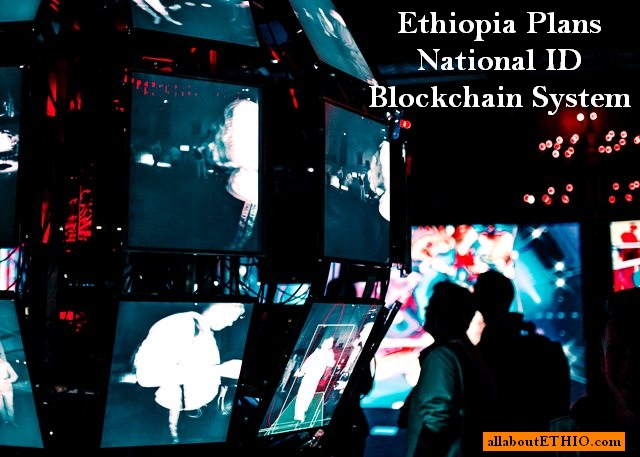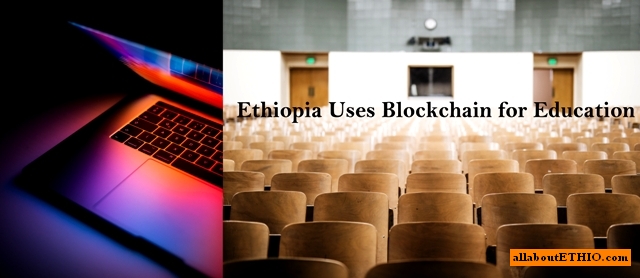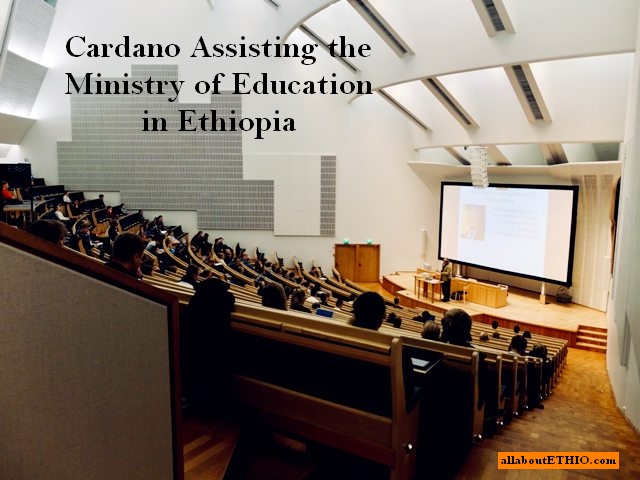
Ethiopia's Plans for Blockchain Use
At a time when there is increased chatter about regulating cryptocurrencies in countries like the USA or China, Ethiopia is showing openness towards digital assets.
With over 117 million people, it can become a large market for crypto, mainly because the government has been involved in creating a proper infrastructure and is already taking important steps.
The unique features of blockchain technology can lead to numerous applications and Ethiopia announced a deal with Cardano, one of the major companies in the crypto space, for building a blockchain for a national ID system.

Cardano Assisting the Ministry of Education in Ethiopia
According to Charles Hoskinson, Cardano is working with the Ethiopian Ministry of Education, aiming to design a blockchain-based universal student credentialing system. Projected to go live during the 3rd quarter of 2021, it aims to create a system in which people can have equal access to education.
Issues like nepotism and misappropriation of resources are still occurring in Ethiopia, which is why the local government already rolled out plans to modernize the economy using advanced technologies.
Significant improvements in terms of education were noticed over the past two decades, considering primary school enrolments tripled between 2000 and 2016, based on figures released by UNICEF. With expanded access to education and a vast nation, Ethiopia faced pressure for a robust national education administration infrastructure.
The deal with Cardano is intended to provide a blockchain-based verification system for digital qualifications in order to stop education fraud in relation to employment, while also allowing for digital verification of grades and monitoring of school performance.

Cryptocurrencies Continue to Rise in Popularity
Although the blockchain technology has numerous applications, the rise of cryptocurrency brought it to the public's attention. At first available via traditional exchanges, digital assets like Bitcoin, Ether, Litecoin, or XRP can now be traded by anyone via crypto derivatives such as CFDs. This unlocks new opportunities, mainly due to elevated price volatility.
Ethiopia wants to use blockchain to improve its education system, but new ways to use it might be implemented in the future. With cryptocurrencies, people can have access to decentralized mediums of exchange, away from the traditional banking system.
Security, transparency, and lower costs associated with financial transactions are among the main benefits. However, it will require the government to develop a regulatory framework so all the companies involved will comply with high standards.
Is Ethiopia Opened to Digital Assets?
Thus far, Ethiopia is positioned among the countries opened towards using various applications of the blockchain technology. In the long run, that can lead to lower corruption, better education, transparency, and increasing productivity.
The Atala PRISM digital ID solution developed in partnership with Cardano will benefit over 3,500 schools, 5 million students, and 750,000 teachers, also showing areas where education is underachieved. These developments are possible mainly due to the blockchain and the Ethiopian government's interest to provide better education for the country.
